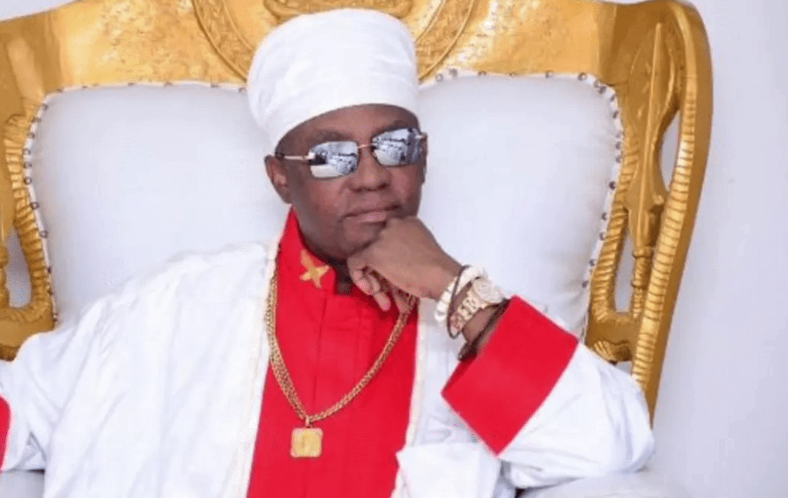Edo State has recorded an impressive ₦79 billion in Internally Generated Revenue (IGR) so far in 2025, according to the Executive Chairman of the Edo State Internal Revenue Service (EIRS), Mr. Oladele Bankole-Balogun.
He made the announcement during a strategic meeting with heads of Ministries, Departments, and Agencies (MDAs), permanent secretaries, and directors in Benin City.
Bankole-Balogun revealed that ₦52.6 billion of the total was generated in the first half of the year, marking a 46% increase compared to previous periods. While commending the progress, he cautioned that persistent revenue leakages within MDAs threaten the sustainability of this growth.
“These figures are encouraging,” he said, “but they fall short of the expectations of our governor, the aspirations of Edo people, and the full potential of our economy.”
He emphasized the urgent need for MDAs to comply with the Treasury Single Account (TSA), adopt digital reporting systems, and prepare for the implementation of the Nigerian Tax Reform Acts, which take effect on January 1, 2026.
The reforms consolidate multiple tax laws into a unified Nigeria Tax Act (NTA), expanding the tax base to include digital assets and informal trade, introducing a 4% development levy, and establishing new institutions such as the Nigeria Revenue Service (NRS) and a Tax Ombudsman.
“Revenue is the lifeline of development,” Bankole-Balogun stated. “It funds better roads, healthcare, education, and community safety. Every MDA must become a revenue-generating asset, with full digital accountability.”
He urged agencies involved in land administration, urban planning, permits, and business registration to strengthen compliance under the restructured stamp duty and real estate provisions. “There’s untapped potential in these sectors. We must harness it,” he added.
The chairman called for a unified approach, stressing that compliance should be driven by trust, systems, and shared purpose—not coercion.
“We invite every agency to embed revenue-conscious thinking and uphold the discipline that accountability demands.”
Mr. Jackson Eribo, Executive Director of MDA Services, also addressed the gathering, highlighting key challenges undermining revenue optimization.
These include unauthorized revenue accounts, cash collections in violation of the state’s cashless policy, and fragmented systems operating outside the Edo Revenue Administration System (ERAS).
“The continued breach of our cashless policy and partial remittances are serious concerns,” Eribo warned.
Attorney General of the State, Mr. Samson Osagie, joined other stakeholders in proposing collaborative strategies to plug leakages and ensure seamless integration across MDAs.
The meeting concluded with a renewed commitment to transparency, digital transformation, and strategic alignment with national tax reforms—positioning Edo State as a model for fiscal discipline and sustainable development.

